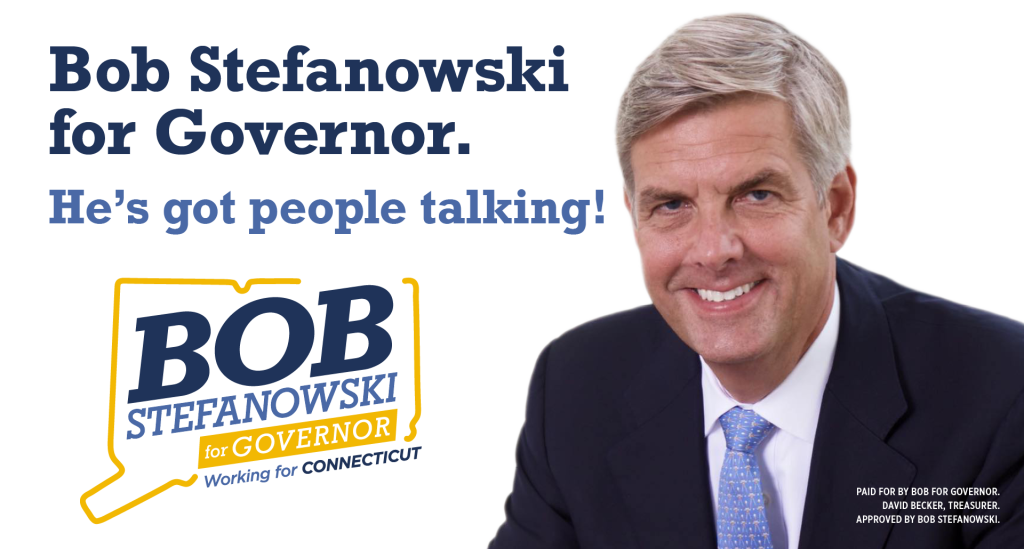(Hartford, CT) – Attorney General William Tong this week joined a coalition of 22 attorneys general in filing a friend of the court brief in Moore v. Harper, a case in which the U.S. Supreme Court will decide whether to adopt the radical “independent state legislature theory” (ISLT) and give state legislators the sole, unchecked authority to make election rules at the expense of voters and other state institutions. The coalition is supporting North Carolina, its voters, and voting-rights organizations in their challenge.
In the brief, the attorneys general argue that ISLT lacks any historical or constitutional foundation and that its adoption would invalidate a large swath of state election law that does not come from the state legislature, such as state constitutions, court decisions, and regulations. Elections would thus become unworkable and impossible to administer.
“State constitutions, state courts, and state regulators have a critically important role in defining, interpreting, and protecting voting rights. The ‘independent state legislature theory’ is a radical, unworkable ploy to inject unchecked partisanship into our elections. It cannot be allowed,” said Attorney General Tong.
The U.S. Constitution provides that a state’s legislature may set rules governing federal elections. Historically, the Supreme Court has interpreted “legislature” flexibly to include any state actor or entity who exercises lawmaking power. The Court has never questioned that a state court has the power to rule on election statutes and state constitutional provisions.
Consistent with this precedent, North Carolina’s Supreme Court interpreted its state constitution to prohibit partisan gerrymandering and struck down North Carolina’s badly gerrymandered congressional maps as violating the state constitution. At the request of the North Carolina state legislators, the U.S. Supreme Court granted certiorari to consider whether the ISLT is correct, and whether the North Carolina Supreme Court was thus without power to prohibit partisan gerrymandering. At the U.S. Supreme Court, the North Carolina state legislators are arguing that only state legislators—not other actors like the state supreme court, executives, or voters—can make election rules. ISLT is gaining traction among conservative academics and jurists, but it lacks any support in American history or precedent of the U.S. Supreme Court. The theory would unravel states’ election processes and impede election officials’ ability to administer free and orderly elections.
The attorneys general raise two main points:
• State constitutions, courts, and officials historically played an integral role in regulating federal elections: At and after the nation’s founding, states employed various institutions of state government, including their constitutions, courts, and executive officials, to set and implement the rules governing federal elections. Under the guise of originalism, ISLT calls into question what the nation’s founders themselves practiced.
• ISLT threatens states’ ability to administer free and fair federal elections: The states’ historical practice continues today. Justifying their reputation as laboratories of democracy, contemporary state governments still use different branches of their government to conduct elections. ISL threatens to wreak havoc and disrupt the states’ established elections practices.


